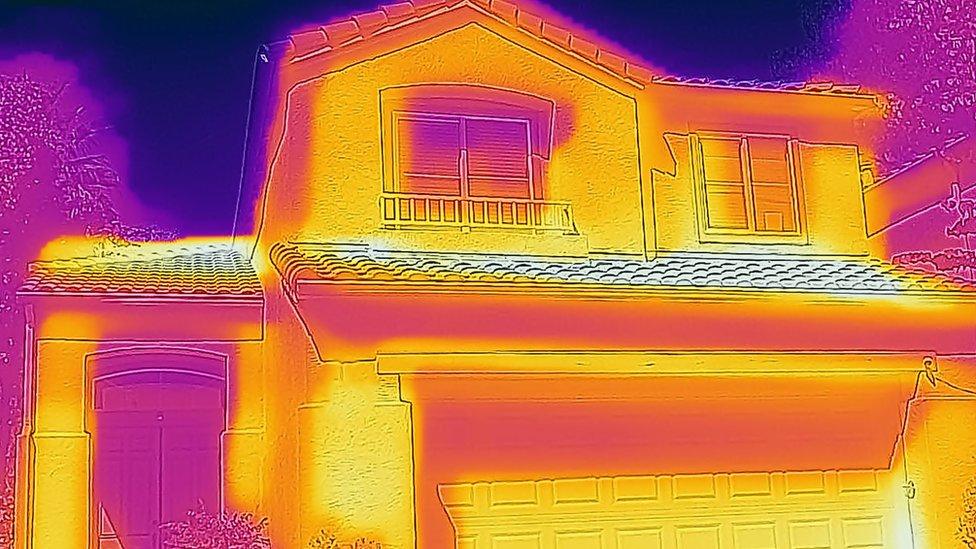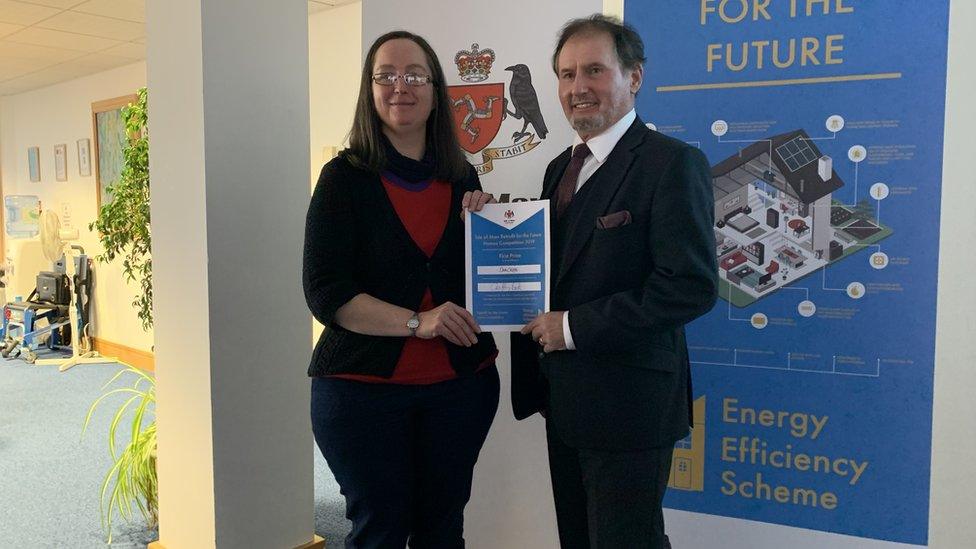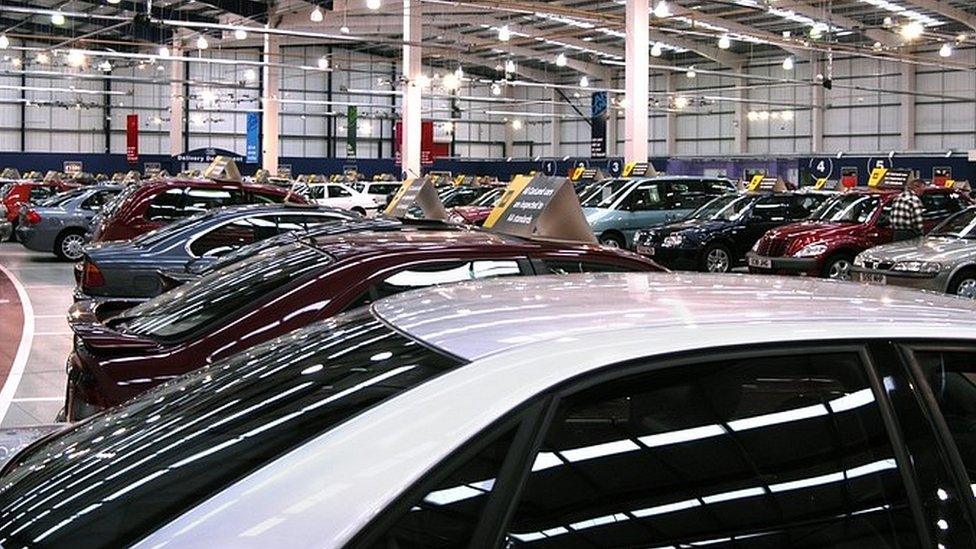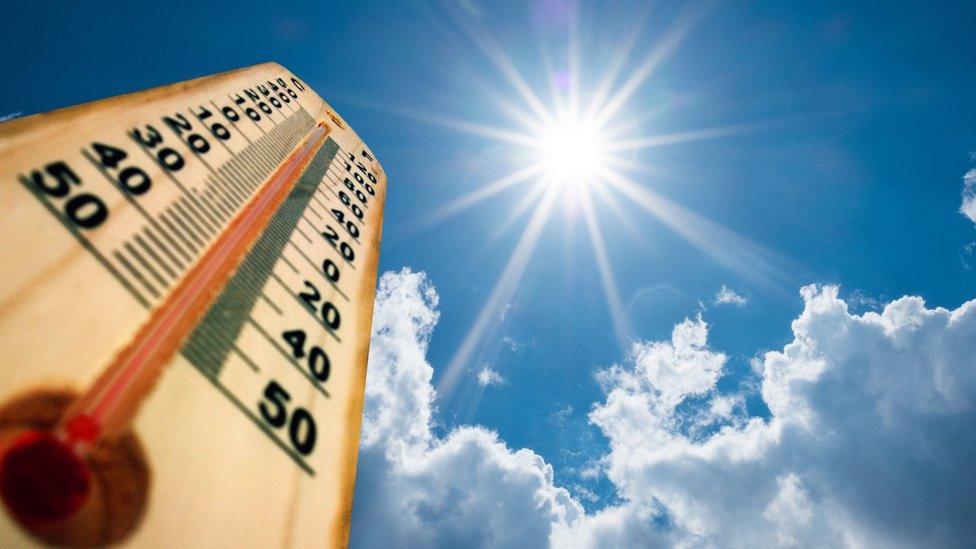Grants needed to make Manx homes more energy efficient
- Published

The Manx government estimates that 35% of carbon emissions come from residential properties
Making Manx houses more energy efficient will play a "substantial part" in achieving net zero carbon emissions by 2050, a minister has said.
It is estimated by the government that 35% of carbon emissions on the island come from residential houses.
Environment Minister Geoffrey Boot said more needed to be done to "incentivise" residents to upgrade their homes.
The proposals will form part of a Climate Change Bill, which is due to be presented to Tynwald in 2020.
If passed, the new law would also include a ban on the sale of new petrol and diesel cars by 2040 and a ban on the use of gas and oil boilers in new houses by 2025.

Deb Cripps won the government's 'Retrofit for the Future' competition
Mr Boot's comments followed a home retrofitting competition, held by the Department of Environment, Food and Agriculture (DEFA) which invited ideas on ways to improve the energy efficiency of an existing property.
The winning submission by Deb Cripps was based on the work she and her husband did on their 1970s bungalow, which she estimated had saved them approximately £1,000 on energy bills.
Ms Cripps said the work was done with "no financial support" and she "would like to see grants available from government".
DEFA currently awards grants of up to £1,000 to those who earn under £29,000 a year but Mr Boot said he would like to see larger grants in the future.
- Published15 July 2019

- Published10 May 2019

- Published19 October 2018
